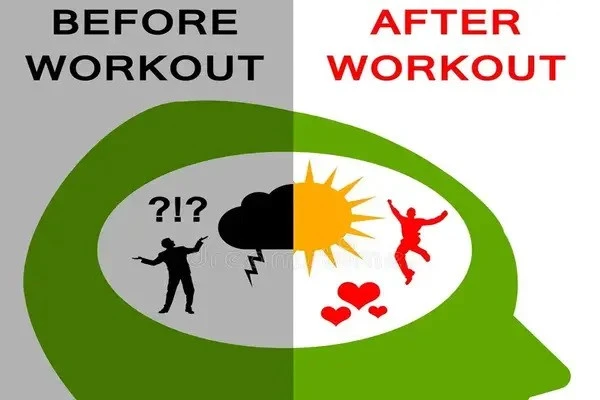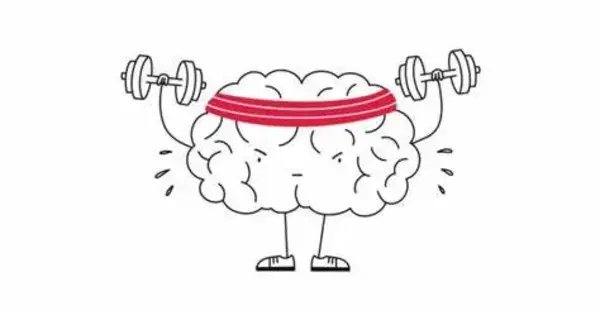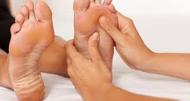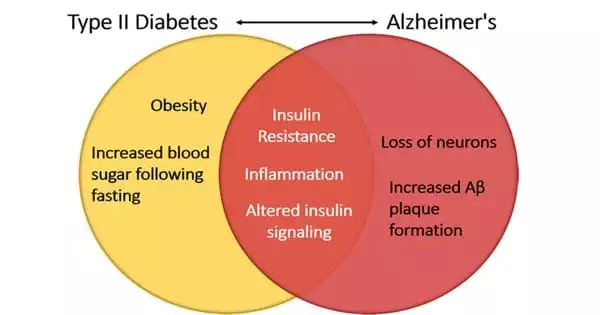A good attitude toward physical activity may be associated with less anxiety about aging. Gender, age, marital status, and income, according to researchers who reviewed results from a multi-state survey, influence perceptions on exercise and aging, but reframing messaging about both can lead to healthier behaviors.
Every day since 2011, approximately 10,000 people in the United States have turned 65. The Baby Boomer generation, as well as those born before 1946, are the country’s fastest-increasing age group, on track to outnumber children by 2035.
“As this large demographic ages, it’s critical to support health-promoting behaviors and have a chronic disease prevention approach rather than just treatment. To do that, we need to know what their needs are and how best to meet those needs,” explains Sarah Francis.
Francis holds several titles at Iowa State University, including professor and Jane Armstrong Endowed Chair of Food Science and Human Nutrition, interim associate dean for Iowa State Extension and Outreach, and interim director for Human Sciences Extension and Outreach. Francis, on the other hand, promotes herself as a healthy aging advocate, implementation scientist, and licensed dietician.
One of the most important findings is that higher positivity about physical activity relates to lower anxiety about aging. Perhaps this is because the physical, mental and social benefits of staying active contribute to overall well-being and a more favorable perception of the aging process, ultimately reducing anxiety related to growing older.
Sarah Francis
She joined a multistate USDA project in 2010 that brought together experts in physical activity, clinical nutrition, and community health programming to promote healthy aging. Part of their study has been devoted to finding factors that influence physical activity, such as “aging anxiety.” According to Francis, this anxiety includes fears and concerns about losing autonomy and relationships, bodily and psychological changes, and discomfort or lack of enjoyment while interacting with older people.
“Previous research has shown that people who are anxious about aging have poor health outcomes.” However, if you perceive it more favorably as a part of life, you will have better health outcomes. “You’re more likely to make long-term lifestyle changes,” Francis explains.

A cross-section of experiences, perspectives
To understand how aging anxiety relates to physical activity and other factors, like age, gender, marital status and income, the team designed a 142-question online survey and recruited participants through Qualtrics. Francis explains they wanted a cross-section of urban, suburban and rural residents and included people as young as 40 to understand how different aspects of aging anxiety shift with age. In total, 1,250 people from Washington, D.C. and six states, Iowa, Illinois, Maryland, Rhode Island, South Dakota and West Virginia, responded to the survey.
Among the original findings, participants who identified as African American had a higher interest in health-related programs. The researchers followed up with another study, the results of which were published in September, to focus more closely on the responses of the 178 African American survey participants.
With this subset, the researchers found the highest anxiety about aging was the fear of loss, which was greatest among people with low incomes and those who lived alone. Women who were 40-49 years of age were more concerned about changes to their physical appearance than their male counterparts and participants in older age categories. While rates of physical activity were lower compared to white survey respondents, African American participants overall had a positive attitude about physical activity, especially strengthening exercises.
“One of the most important findings is that higher positivity about physical activity relates to lower anxiety about aging,” says Francis. “Perhaps this is because the physical, mental and social benefits of staying active contribute to overall well-being and a more favorable perception of the aging process, ultimately reducing anxiety related to growing older.”
In the paper, the researchers point to evidence that exercise, especially strength training, helps older adults conserve bone mass and muscle, reduce the risk of dementia and retain motor control. They say the study results “can help to develop educational workshops to control aging anxiety while discussing the health benefits of [physical activity] participation.”
According to Francis, many middle-aged and older persons confront hurdles to exercise. Some are concerned about getting hurt. Others lack transportation to gyms or live in areas with few safe pathways and parks. Francis and researchers from the multistate initiative hope to expand access by developing and testing a virtual program that would be community-based and provided through Extension. It would involve physical activities at home as well as an educational component to encourage eating healthy, protein-rich foods.
“It is always important to pay attention to your audience. Doing this type of work ensures that the messaging will resonate with those you’re attempting to work with, and it’s not a one-size-fits-all approach,” Francis adds.
















